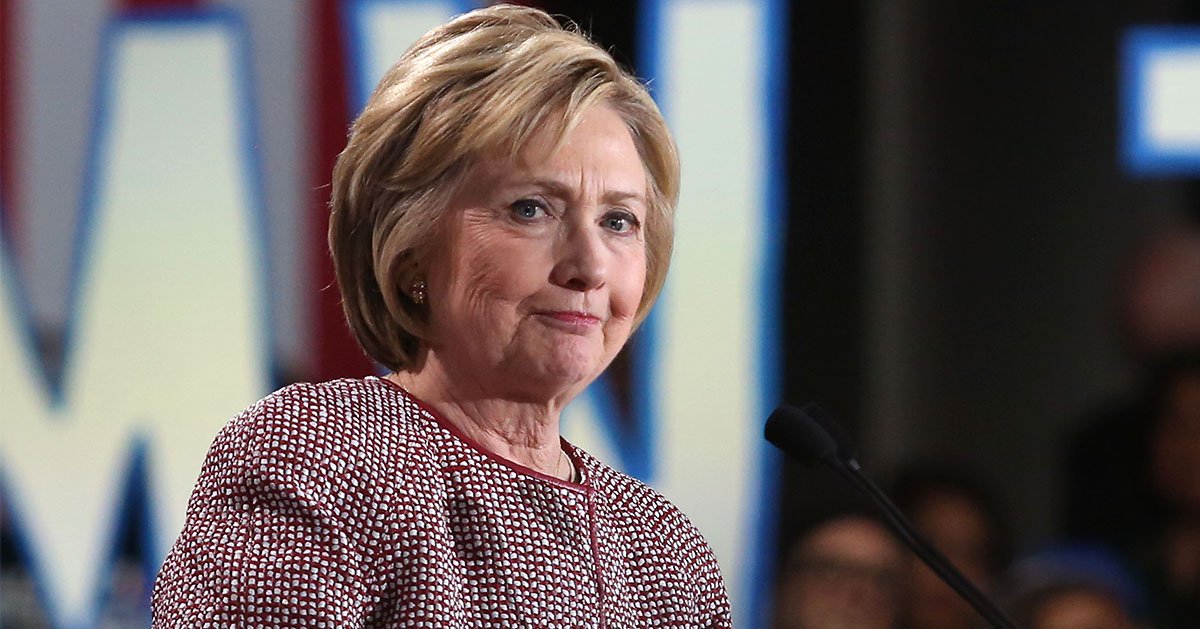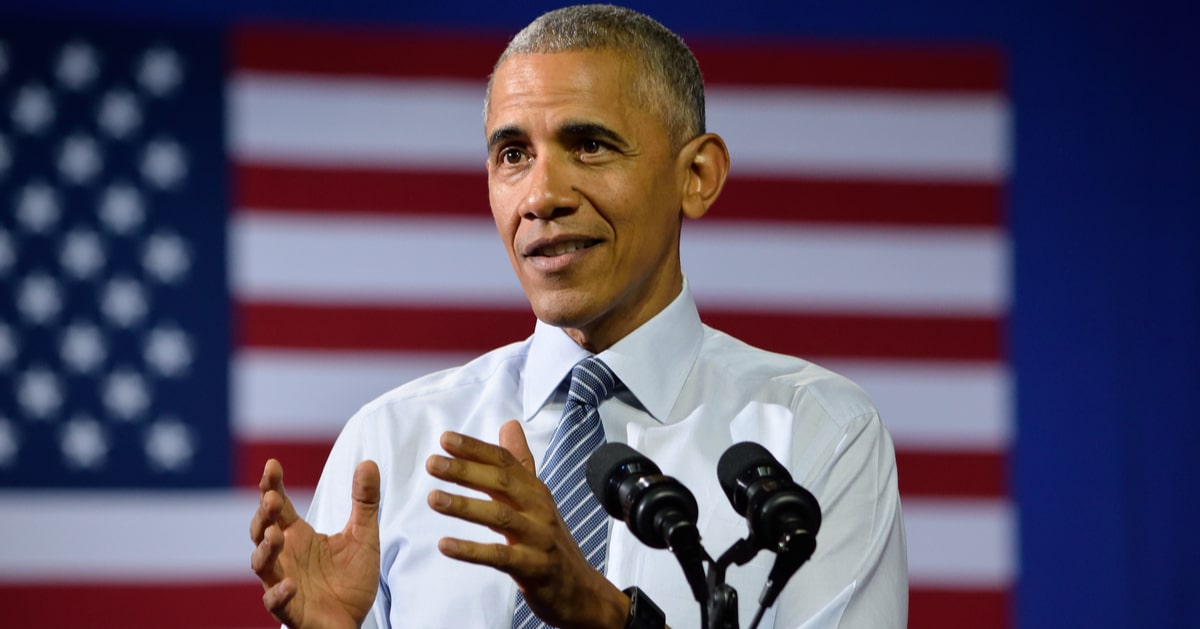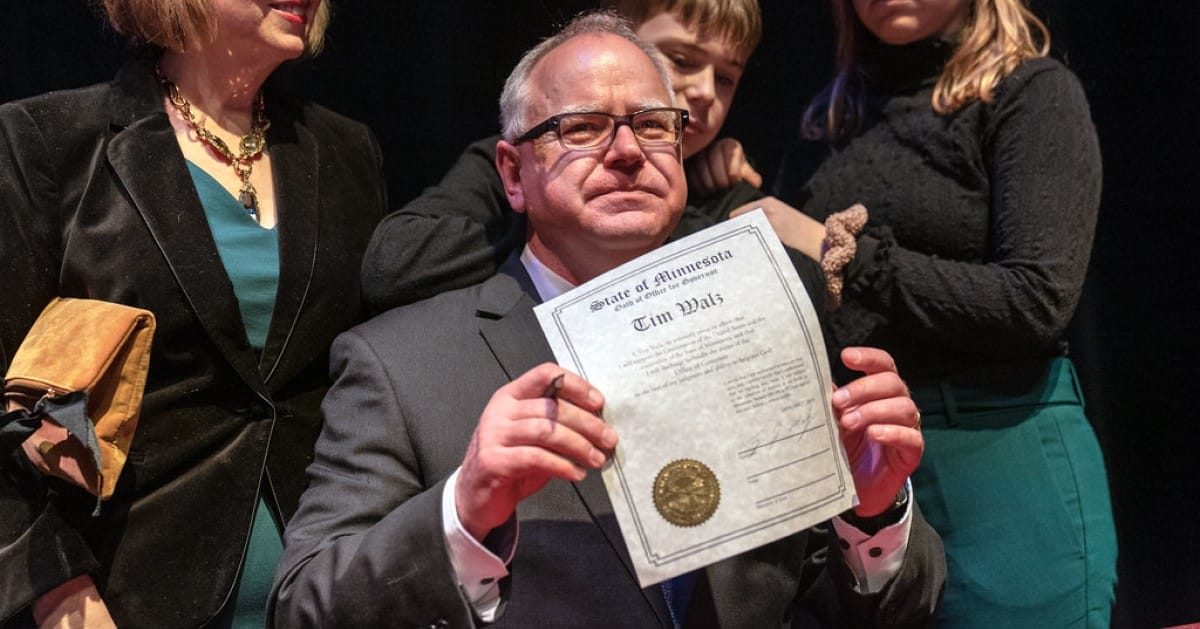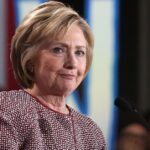








The Supreme Court is kicking off its new term against a backdrop of looming political and constitutional controversies, with the upcoming presidential election casting a shadow over its proceedings.
Politico reported that this session positions the Court as a potentially decisive factor in major electoral controversies due to anticipated legal challenges involving state election laws, the Electoral College, and congressional certification of the presidential vote.
This week marked the official start of the Court's term, with its docket featuring few headline-grabbing cases.
Among the pending cases, the Court will assess a challenge against Tennessee’s ban on gender-affirming healthcare for minors but has chosen to bypass other cases concerning administrative state issues.
The decision to engage in a dispute over Arizona's push for stricter voter ID laws underscores its readiness to confront contentious electoral matters.
The possibility of the Supreme Court stepping into the electoral landscape is fueled by previous precedents and emerging legal obstacles. Several pathways through which the Court might influence the election have been identified.
One potential path involves the resolution of disputes over state election statutes, such as the ongoing controversy around voter registration practices in North Carolina.
Legal challenges may also surface once the deadlines for the Electoral College pass, particularly conflicts that arise during certification, based on provisions in the updated Electoral Count Act.
Finally, the possibility remains that post-election objections in Congress, particularly regarding potential disqualification claims against Donald Trump, could require ultimate judicial intervention.
A significant controversy brewing in some states involves debates over election certification. If state election boards refuse to validate results, this could prompt interventions by the Supreme Court as outlined in the Electoral Count Act.
This legislative framework provides parameters for resolving federal electoral disputes, a crucial role for the judiciary if impasses occur at state or federal levels.
In such scenarios, lawmakers in both legislative chambers might contest state certifications, translating into legal questions ultimately destined for courts.
The possibility of Supreme Court involvement highlights the judiciary's potential influence on the electoral process, particularly when disputes over election results escalate into legal battles necessitating interpretation under constitutional law.
Recently, the Court issued a ruling emphasizing that only federal entities hold authority in disqualifying presidential candidates, a decision evident in its dismissal of Colorado’s attempt to use the 14th Amendment to sideline Trump.
This precedent reflects the Court's historical stance on federal jurisdiction in matters of candidate eligibility and suggests a continuation of its role as an arbiter in future electoral conflicts.
The Supreme Court's looming role in the upcoming presidential election may not only affect the immediate electoral process but could shape constitutional interpretations and electoral precedents for years to come.
As the nation approaches another crucial election period, the Court's experiences and decisions will be pivotal in navigating the legal challenges that lie ahead.
In a landscape where state election laws and federal electoral processes intersect with judicial scrutiny, the Supreme Court stands as a pivotal institution.
The implications of its decisions during this term extend beyond immediate political consequences, seeking to interpret constitutional mandates and address uncertainties that any challenges may present.
With the presidential election nearing, the relevance of the Supreme Court’s term cannot be overstated. Its potential to influence the electoral outcome underscores the intricate relationship between law and politics in determining the nation’s leadership.



